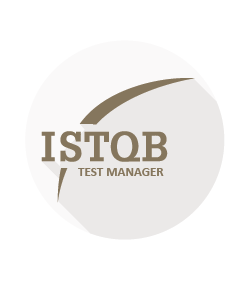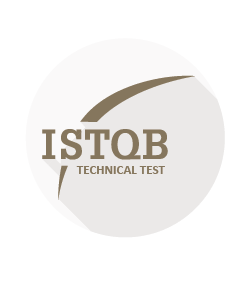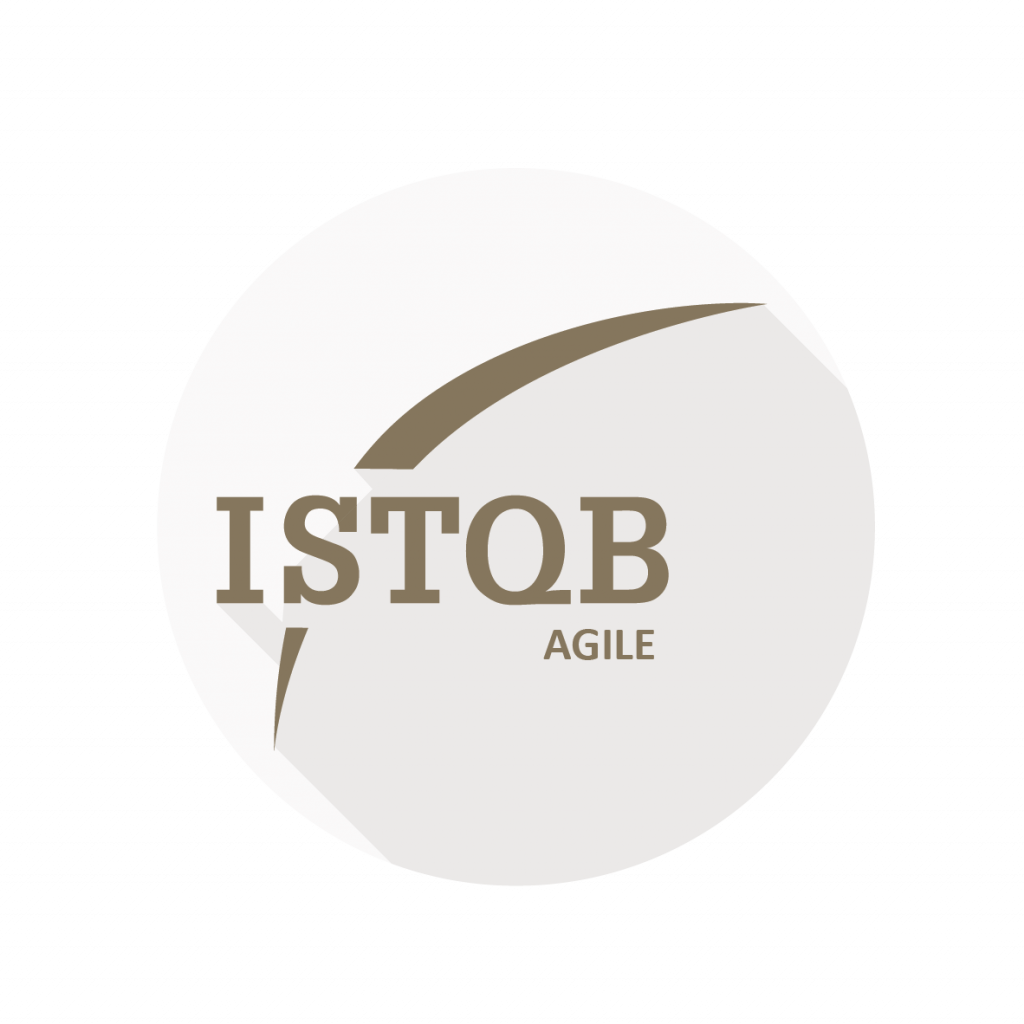Fundamentals of SQL for Testers
More businesses have now changed to agile development, which increases the need for technical skills of testers. SQL is one way to achieve this.
Learning objectives
You will gain basic knowledge of SQL and relational databases, as well as the following other benefits:
- You know what a relational database is and how it is constructed
- You can use SQL to check and modify the contents of a database
- Training in SQL in various testing situations
- You know the terms and techniques used by developers and data architects
- Help with preparing test data
- Help with migrations and conversions
- Help with database updates
- Use SQL to extract data for reports in test management tools
- Understand how data typically presented in a GUI is stored
Target audience
You are a software tester with at least one year of practical experience, and you are familiar with common testing concepts (corresponding to the ISTQB Foundation level). This course is particularly suited to testers working in an agile set-up who wish to contribute to solving more technically oriented problems. You are not expected to have any prior knowledge of database construction or SQL.
Course format
This course is based on active participant involvement, with lots of exercises and direct practice with SQL statements in an application/database. TestHuset will provide a PC for use during the course.
There will be individual, partner, group, and whole-class exercises. The exercises mix theory and practice, with focus on practising real-world SQL. You will practice using both static and dynamic tests, with an emphasis on dynamic tests.
In-house training
If you are more than 5 people from same organisation, it can be beneficial to consider the course as in-house training. We conduct the course exclusively for your employees, either as standard as described or tailored to your needs.
In-house training offers several benefits. It can lead to financial savings when training more than five people. This approach fosters intensive exchange of experiences and encourages knowledge sharing among employees. Additionally, it helps in building a common understanding of the subject matter among the workforce. Furthermore, in-house training provides the opportunity for unique customization based on a company’s specific methods and processes.










